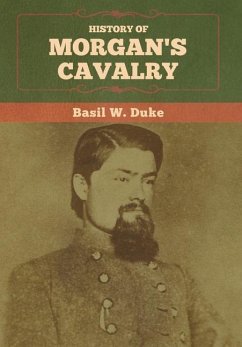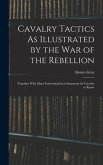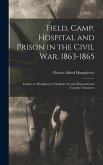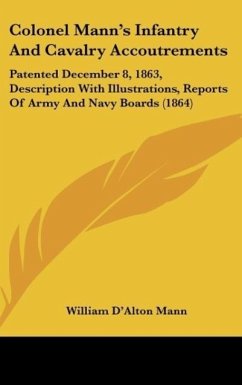Basil Wilson Duke (May 28, 1838 - September 16, 1916) was a Confederate general officer during the American Civil War. His most noted service in the war was as second-in-command for his brother-in-law John Hunt Morgan; Duke would later write a popular account of Morgan's most famous raid: 1863's Morgan's Raid. He took over Morgan's command after Morgan was shot by Union soldiers in 1864. At the end of the war, Duke was among Confederate President Jefferson Davis's bodyguards after his flight from Richmond, Virginia, through the Carolinas. Duke's lasting impact was as a historian and communicator of the Confederate experience. As a historian he helped to found the Filson Club Historical Society and started the preserving of the Shiloh battlefield. He wrote numerous books and magazine articles, most notably in the Southern Bivouac. When he died, he was one of the few high-ranking Confederate officers still alive. Historian James A. Ramage said of Duke, "No Southerner was more dedicated to the Confederacy than General Basil W. Duke." After the war, Duke moved to Louisville, Kentucky, in March 1868, where he would live for most of his remaining life. He returned to practicing law later that year, with his primary client being the Louisville and Nashville Railroad. He served as their chief counsel and lobbyist, despite the L&N Railroad being a favorite victim of Morgan's raiders during the war. He briefly served in the Kentucky General Assembly from 1869 to 1870, resigning as he felt a conflict of interest being a lobbyist for the L&N. Duke also served as the Fifth Judicial District's commonwealth attorney from 1875 to 1880. Duke became greatly involved in writing the history of the Civil War and related topics. He helped to found Louisville's Filson Club (now The Filson Historical Society) in 1884, writing many of their early papers. From 1885 to 1887 he edited the magazine Southern Bivouac. He also wrote three books: History of Morgan's Cavalry (1867), History of the Bank of Kentucky, 1792-1895 (1895), and Reminiscences of General Basil W. Duke (a collection of various magazine articles he wrote) (1911). A prominent writer of the Southern experience, he neither advocated slavery, nor apologized for it; although thinking it a good thing to have been abolished, he insisted that Northern claims of excessive abuse of slaves was exaggerated. (wikipedia.org)
Hinweis: Dieser Artikel kann nur an eine deutsche Lieferadresse ausgeliefert werden.
Hinweis: Dieser Artikel kann nur an eine deutsche Lieferadresse ausgeliefert werden.








